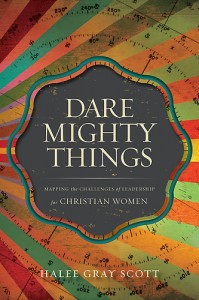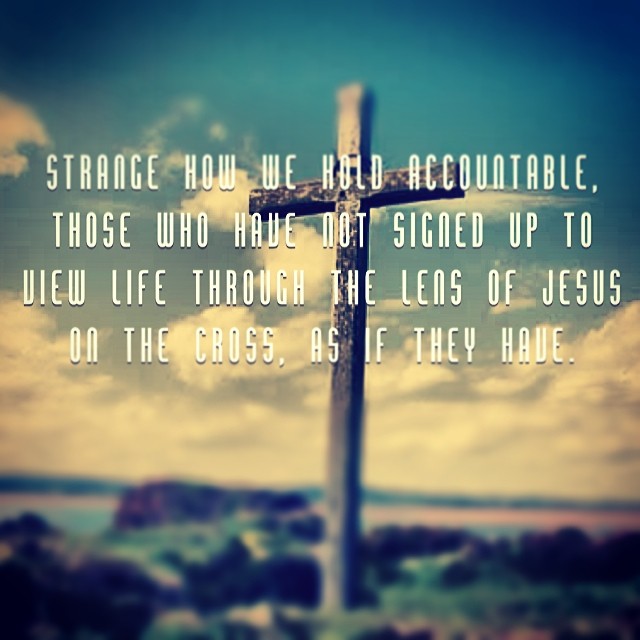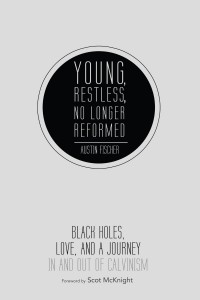It’s not that I’m not disturbed by some things that I see going on in the world. I’m bothered. But more than that I’m bothered by the fact that I’m most bothered by the wrong things. This post is not meant to diminish the issues that people are working out, and this is not one of those – ‘let’s put our love before our theology’ posts, because I reject the idea that love and theology are mutually exclusive. This is about the simple fact that we can hold theological convictions and get on with living missionally at the same time.

1. It’s okay to talk about the possible pros and cons of World Vision changing it’s hiring policies concerning the LGBT community.
What’s better is to struggle and be moved to action with the thought of children across the world dying of starvation, and unsanitary conditions. It is more urgent to be caught up in the plight of kids who have little hope without a good education and the good news of Jesus. Concern for these matters are what Jesus says will be used separate the sheep from goats. (Matthew 25:31-46) Your stance in a culture war will not be brought in to consideration when sheep are separated from goats.
2. It’s fine to be concerned for a company like Hobby Lobby to operate on a pro-life ethic that it’s founders hold dear.
What’s better is to exercise a pro-life ethic in our day-to-day lives by supporting adoption, refusing to take part in or supporting violence, and to work to alleviate conditions that make abortion seem like the only option for so many people. The fact that so many of us who call ourselves Christ followers have been given so much power to enact change and yet do so little, that should be what haunts us most.
3. It’s permissible to talk about Chick-fil-A CEO Dan Cathy’s comments about gay marriage and to show concern for what the future holds for Christian business owners who make public statements about their moral convictions.
What’s better is to show more concern for the LGBT community. To worry more that an entire contingency of people do not know Christians by their fruits of love, joy, peace, patience, kindness, goodness, faithfulness, gentleness and self-control. Almost none of these could, in general, describe the modern response of Christians to this community. What should bother us most, what should keep us up at night is knowing that there are people who don’t know that Christians love them unconditionally.


 My guest today is Halee Gray Scott (PhD). Halee is an author, scholar, and global leadership consultant. Her writings appeared in Christianity Today, Christian Education Journal, Real Clear Religion, and Relevant. You can find her on her blog at
My guest today is Halee Gray Scott (PhD). Halee is an author, scholar, and global leadership consultant. Her writings appeared in Christianity Today, Christian Education Journal, Real Clear Religion, and Relevant. You can find her on her blog at 

 at Philadelphia in Theology & Ethics. His research is focused on the intersection of Black theology and Anabaptism. Drew regularly speaks at churches and conferences, confronting racism, systemic oppression, and violence, while continually pleading with Christians to take a stand. Drew is committed to a life that struggles to take Jesus seriously while following him into the world.
at Philadelphia in Theology & Ethics. His research is focused on the intersection of Black theology and Anabaptism. Drew regularly speaks at churches and conferences, confronting racism, systemic oppression, and violence, while continually pleading with Christians to take a stand. Drew is committed to a life that struggles to take Jesus seriously while following him into the world.





 My guest today is Austin Fischer. Austin is the Teaching Pastor at Vista Community Church. He and his wife, Allison, live in Temple, Texas. He speaks and writes and you can follow him on Twitter at
My guest today is Austin Fischer. Austin is the Teaching Pastor at Vista Community Church. He and his wife, Allison, live in Temple, Texas. He speaks and writes and you can follow him on Twitter at  Austin’s first book is called
Austin’s first book is called 